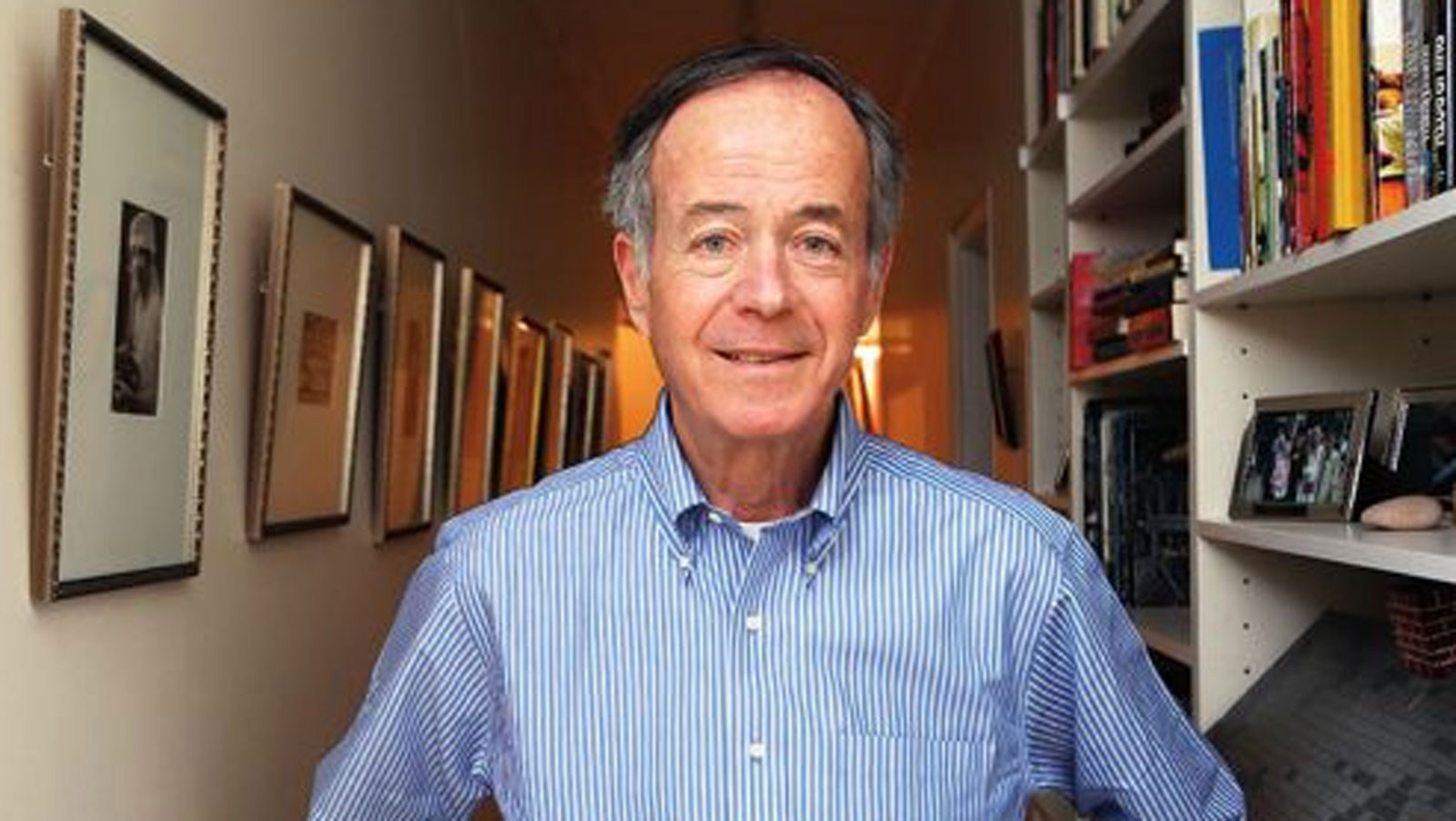Donald Ross, 1943-2022
Donald Ross passed away on May 14 after a recent illness. He was 78 years old.



Once an institution exists, it’s easy to take it for granted and forget that there was a time when it didn’t exist – somebody created and built it.
In 1970, with the support of Ralph Nader, Donald Ross imagined and created something new and different for its time: state organizations of college students dedicated to practical idealism and a bite-sized approach to community problems. On campuses across the country in the grips of debate over who had the right analysis of the root causes of all the problems in the world, students answered Ross’s and Nader’s simple call for “action for a change.” He named the organizations he started Public Interest Research Groups (PIRGs), and by 1973, there were PIRGs on dozens of campuses in 20 states.
Soon, Donald became the director of NYPIRG and built it into New York’s largest citizen group. The 1979 “No Nukes” rallies, following the partial nuclear reactor meltdown at Three Mile Island, were just one highlight in a long list of NYPIRG’s actions which led to many victories for consumers and the environment in New York State.
Later, Donald directed the Rockefeller Family Fund, created the Environmental Grantmakers Association, chaired Greenpeace USA, and founded the law firm Malkin and Ross, as well as M+R, a consulting firm that has offered clients a guiding hand in winning hundreds of policy victories over the years.
All PIRG staff, past and present, and hundreds of thousands of PIRG members over five decades, owe a tremendous amount to Donald Ross. He bequeathed us all a unique opportunity to advocate for the public interest on every imaginable social problem and at every level of government and society – and, in so doing, to become better citizens ourselves.
On a personal note, Donald Ross was the finest and most inspiring old-school public interest activist I ever met. He was the right mentor and role model at the right time. He had no interest whatsoever in theorizing or navel-gazing, to which I was prone, just in tackling one problem after another with a fresh idealism that never seemed to tire or become jaded even a tiny bit. When I despaired about the “big picture,” he was a constant reminder that you can make a difference on the problems right in front of you if you just have the will and the perseverance to do so, and put your nose to the grindstone.
He was, and remained steadfastly so for 50 years, the living embodiment of the 1970s Nader’s Raiders’ answer to the trap many in politics and academia fall into—to become gripped by handwringing or the paralysis of analysis. And that answer was, simply, get to work. Action for a change.
Perhaps Donald took more deeply to heart than most of us the old adage: better to light one candle than to curse the darkness. I am forever grateful.
